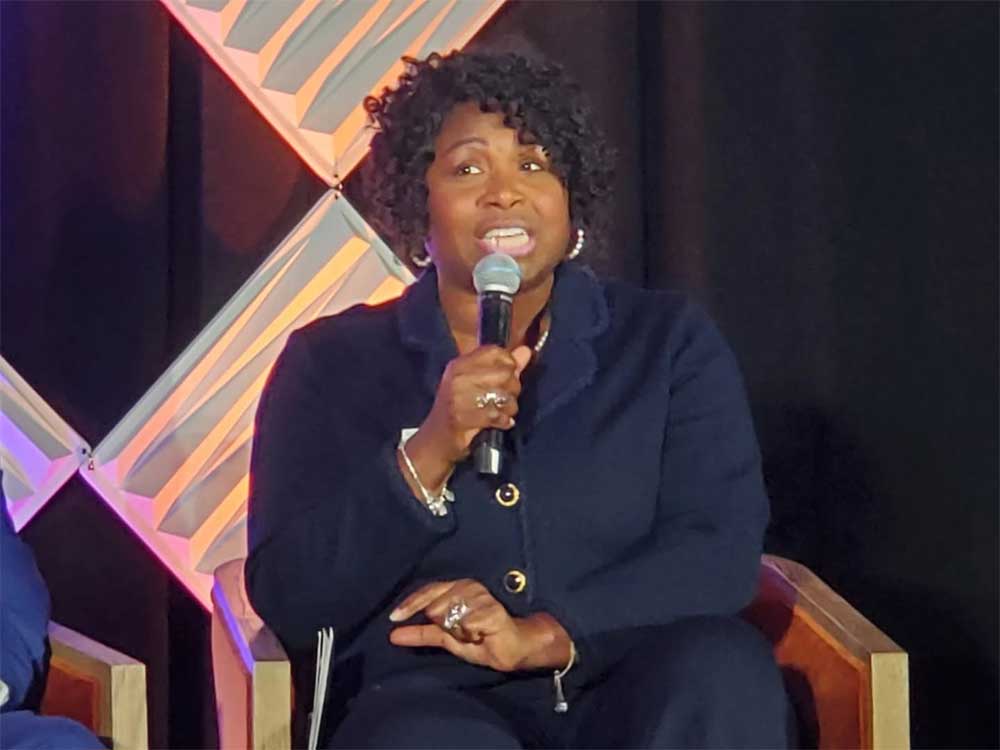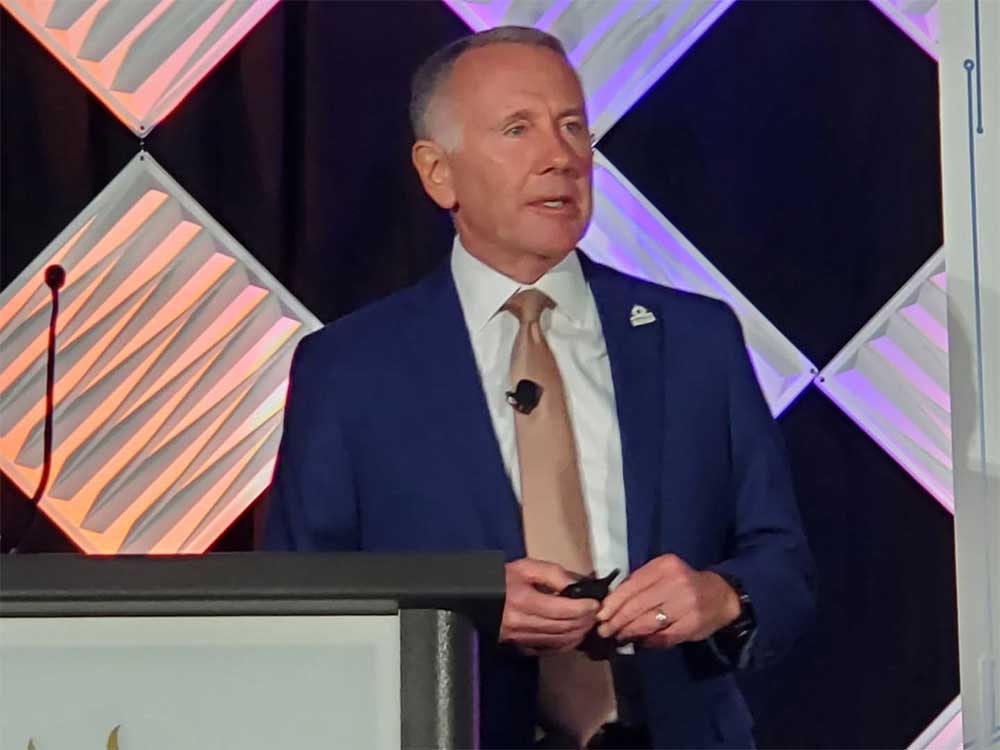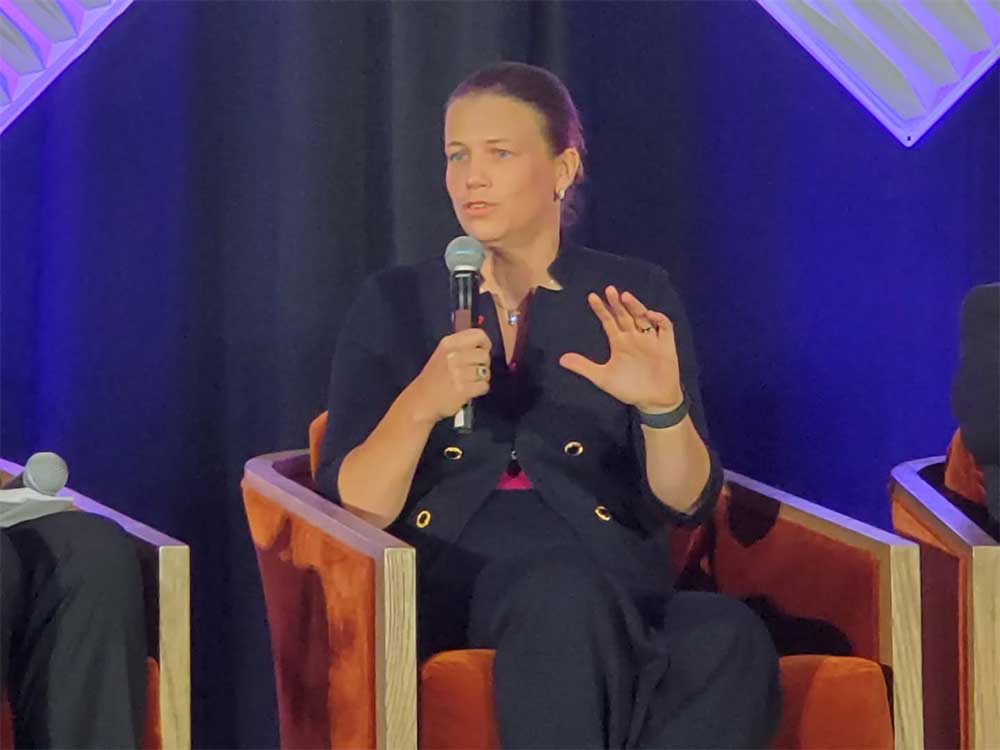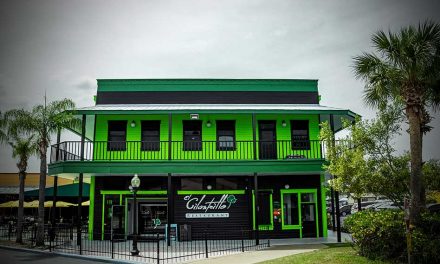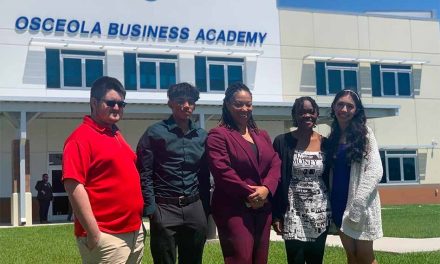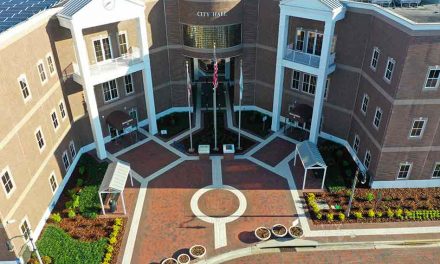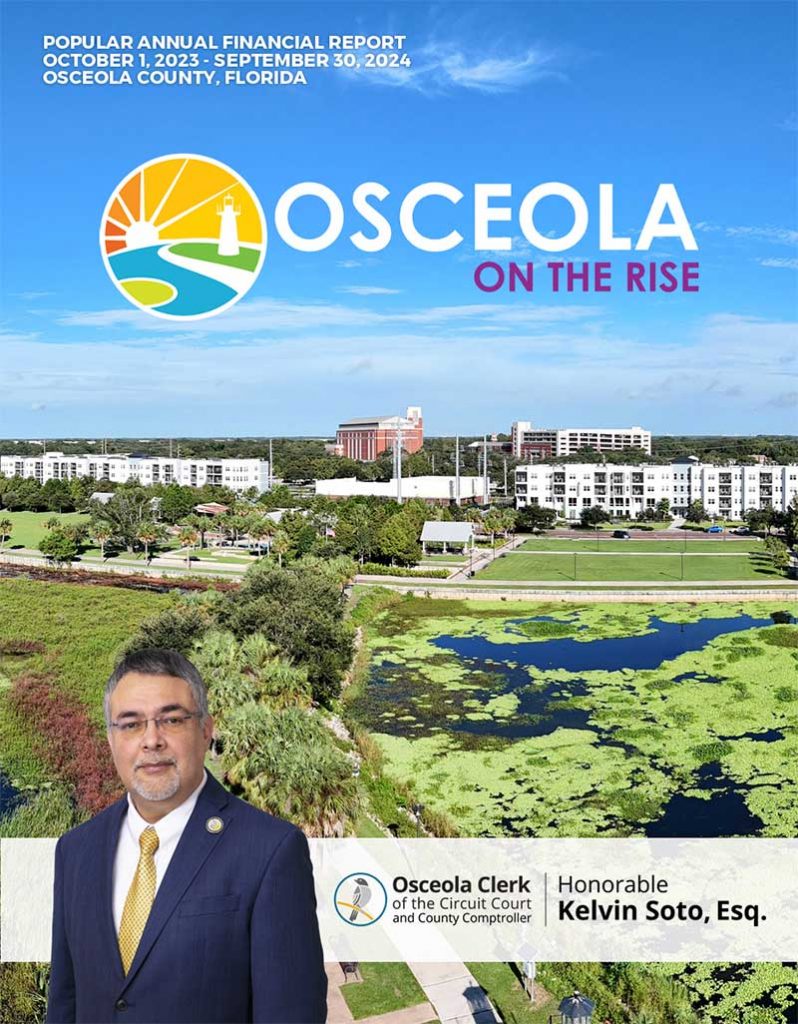By Debbie Daniel
Positively Osceola
PUBLISHED:
For the past 10 years, Osceola County’s leaders have been working with NeoCity to change the employment landscape of the area by creating opportunities for more high-tech jobs. In an area where tourism and agriculture once reigned, local leaders have seen the need to diversify the economy.
“We had 30.6% unemployment during COVID,” County Manager Don Fisher said. “We can’t do that again. Job creation was why we did it, to make [the county] more resilient.”
Dr. Ron Piccolo, chief executive officer of Florida Semiconductor Engine, says his organization works to broaden the impact of NeoCity. At their inaugural “Powering Prosperity” conference yesterday at Gaylord Palms, industry and local leaders came together to share insights and spur on the progress being made in the local semiconductor industry.
“Florida has an opportunity to advance semiconductor packaging and related technology services,” Piccolo said. “This is an exciting moment, an exciting time.”
Over 90% of semiconductors are manufactured outside of the United States, Piccolo said. “That’s one of the reasons why investments are made here. Because there’s national security concerns, vulnerabilities in the supply chain.”
Piccolo said that while there are a few facilities in the United States that are similar to NeoCity, most of those are used for their own manufacturing and are not accessible to other, smaller manufacturers or smaller design firms that can’t afford to have their own plant. “What’s being developed here in the lab and the ecosystem creates commercial opportunities for domestic manufacturers to come to Orlando, Central Florida, Osceola, for packaging, testing, failure analysis,” he said. “The other opportunity for us is that the facilities here are classified space, secure, trusted. And so that’s our angle: accessible, secure, trusted facilities.”
To learn more about the Florida Semiconductor Engine, visit https://semiconductorengine.org.
Part of ensuring the semiconductor project succeeds is having qualified workers filling those newly created jobs. “When you think about semiconductor projects that have failed in other parts of the country, it’s often because they don’t have the workforce,” said Valencia College President Dr. Kathleen Plinske. “We know we have all the talent we need right here in Osceola County. We just need to make sure that our kids have the opportunity to participate in the training and the education that they need to be prepared for the economy of tomorrow.”
This month, Valencia College launched its first associate in science degree in semiconductor engineering and technology. “I don’t often hear high school students say, ‘When I grow up, I want to be a semiconductor engineer,’” Plinske said. “It’s not as common as, ‘I want to be a nurse,’ or ‘I want to be a doctor,’ or ‘I want to be a lawyer.’ So part of it is just building the awareness that that’s a pathway that exists and ensuring that students know that there are career opportunities at the completion of the associate degree. Or they can continue on for that bachelor’s degree at UCF, or they can keep going all the way up through to the PhD,” she said.
For every job requiring a PhD, there would be an additional nine on-the-floor jobs, and Plinske said Valencia College is equipped to prepare students for those jobs, as well. In addition to the new associate in science degree program, Valencia also has accelerated skills training programs. “It’s 22 weeks in length, total,” Plinske said. “Thirteen weeks are to learn robotics technology, and then nine weeks are specific semiconductor production. So in 22 weeks, you can earn the industry certifications that prepare you for those technician jobs that are going to be so important to support the researchers.”
One of the benefits of the design of the program, Plinske said, is that because robotics is part of it, students are able to find jobs with a robotics certification. “So any sort of automated logistics … if you think Amazon, or you think Walgreens, you think distribution facilities … those robotics fields right now are in extremely high demand. So students walk out with that robotics industry certification, as well as the semiconductor industry certification.”
NeoCity, a 500-acre campus in Kissimmee, was launched in 2014, and groundbreaking was held in 2016. Since then, they have been awarded grants like the $50.8 million Build Back Better Regional Challenge (BBBRC) Phase 2 grant in 2022 and a Department of Defense (DoD) grant of a five-year contract with a potential of up to $289 million (as of late 2023) for microelectronics production capabilities at NeoCity.
For more information about NeoCity, visit www.neocityfl.com.

